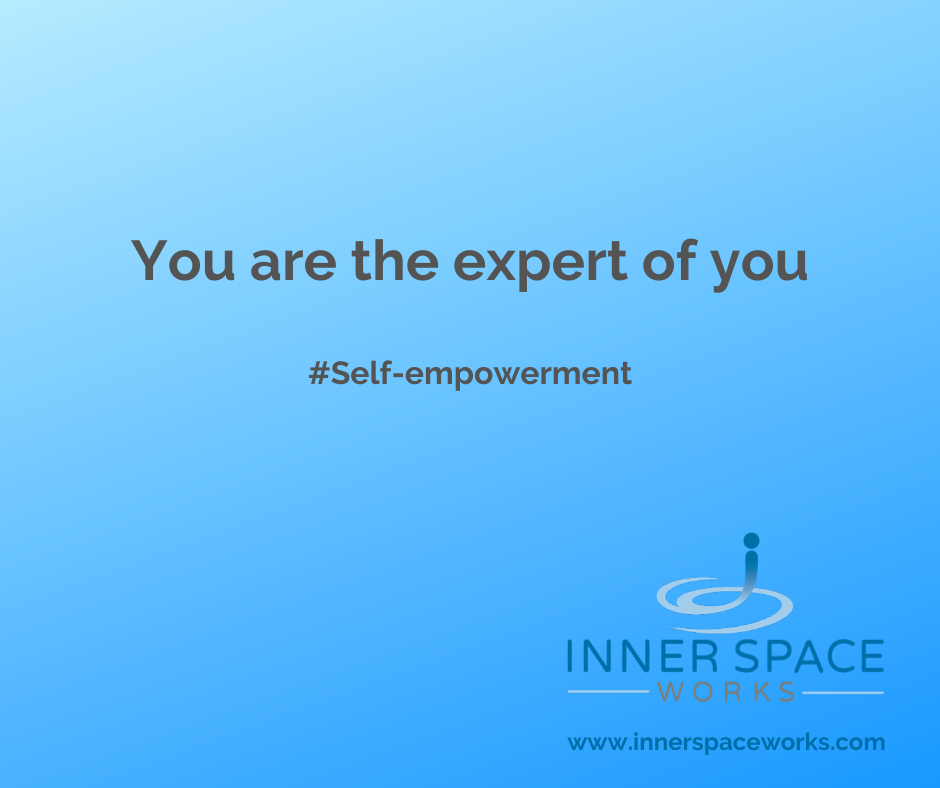What is Person-centred counselling?
Person-centred counselling is non-advisory and non-directive. A person-centred counsellor will offer you a confidential space to explore your issues, emotions, beliefs and the way you view the world, without judgement.
Person-centred counselling is a humanistic approach, which was founded in the 1940s by Carl Rogers.
Roger’s philosophy was based on the belief that any person has the power within themselves to become self-aware and to change their view of themselves and to change their behaviour towards themselves and others.
Rogers believed that six conditions are required for a therapeutic relationship to be successful and for a person to ‘self-actualise’, which means that they will reach their full potential. Out of the six conditions, there are three core conditions, which I offer clients within counselling sessions:
Congruence – The counsellor will be open, honest and transparent in the way they experience the client and their world
Unconditional Positive Regard (UPR) – The counsellor respects you, the client as an individual, and they trust your own therapeutic process and actualising tendency, which is the natural tendency that humans have towards growth and self-development
Empathy – The counsellor will offer an empathic understanding, seeing you, the client’s viewpoint as if they were you (stepping into your shoes)
If you are new to counselling, you might think that the counsellor’s job is to advise you and to tell you how to resolve the issues in your life.
Counselling is non-advisory and although there are certain types of therapy that are more counsellor-led, such as cognitive behavioural therapy (CBT), the main point of counselling is for you to discover your own way through your issues with professional support.
Person-centred counselling is different to other therapeutic models like CBT as it is non-directive, which means that as the client you lead the sessions with the issues you wish to work through each session.
The person-centred counsellor will support you during each counselling session to explore your own issues, emotions, thoughts, behaviours and beliefs, which can lead you to increased levels of self-awareness, confidence and independence.
Whatever you choose to disclose during the sessions, the counsellor will not judge you. It is important that you feel comfortable and able to fully be yourself within the counselling sessions as this helps to build a trustworthy professional relationship.
Finding a counsellor that you feel at ease with and able to share your inner thoughts and feelings is important because it can eventually lead you to autonomy, choice and realising your true potential, enabling you to cope with problems that arise currently and in the future.

To arrange your first appointment, please contact Jo
